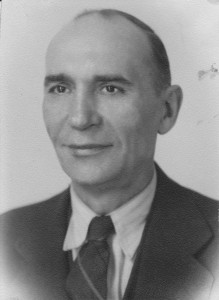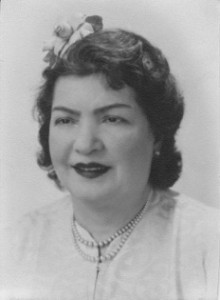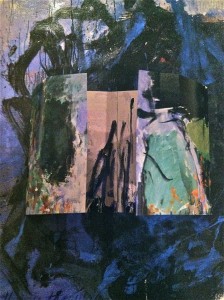I’m in the process of recovering poems that I have written over the years. I thought that I had lost them when I transferred all of my data from my old computer to the most recent one. But with the help of the folks at our new Peach Mac Store, I was able to find them again and now am saving them as word documents.
Some of the poems fit into the genre of memoir. The one I’m sharing with you in this post, is what Sundays were like when I was ten or eleven years old, when we would go to my grandparents home for Sunday dinner. Sometimes we arrived early enough to help with all of the preparations. My grandparents were from Poland and they did things the way they would have done in the old country.
The word Babcia is Polish for grandmother and Dziadzio is Polish for grandfather.
Pozywic
(pozhí-veech), is the Polish verb to nourish, feed, refresh
Babcia rises early kneads loaves
foaming with yeast set with amber jewels
scrubs spent trousers socks and sheets
feeds them between clenched wringer jaws
She holds a squawking hen
against the block the body flies
searching for its own lost head and then
hanging upside down from the apple tree
paints the grass below I pull fists full of feathers
watch with sickened awe her hand disappearing
pulling ribbons of yellowblue guts unsown seed
My brothers and I gather baskets of beans lettuce
she collects dried shirts socks
punches dough pressing pockets
for mashed potatoes farmer’s cheese
sauerkraut with caraway stuffs sliver
of garlic beneath fat blanketing the roast
The chicken swims with carrots
onions parsley filling the kitchen
wisth Sunday smells I stand
on the table under the arbor
picking grapes then in the garden
where rhubarb hides me
fill on gooseberries and currants
This feast takes all day we gallop
in and out playing Lone Ranger and Tonto
waiting for Dziadzio to carve the roast
share crackled fat crusty rye dipped in pan juices
Joan Z. Rough







